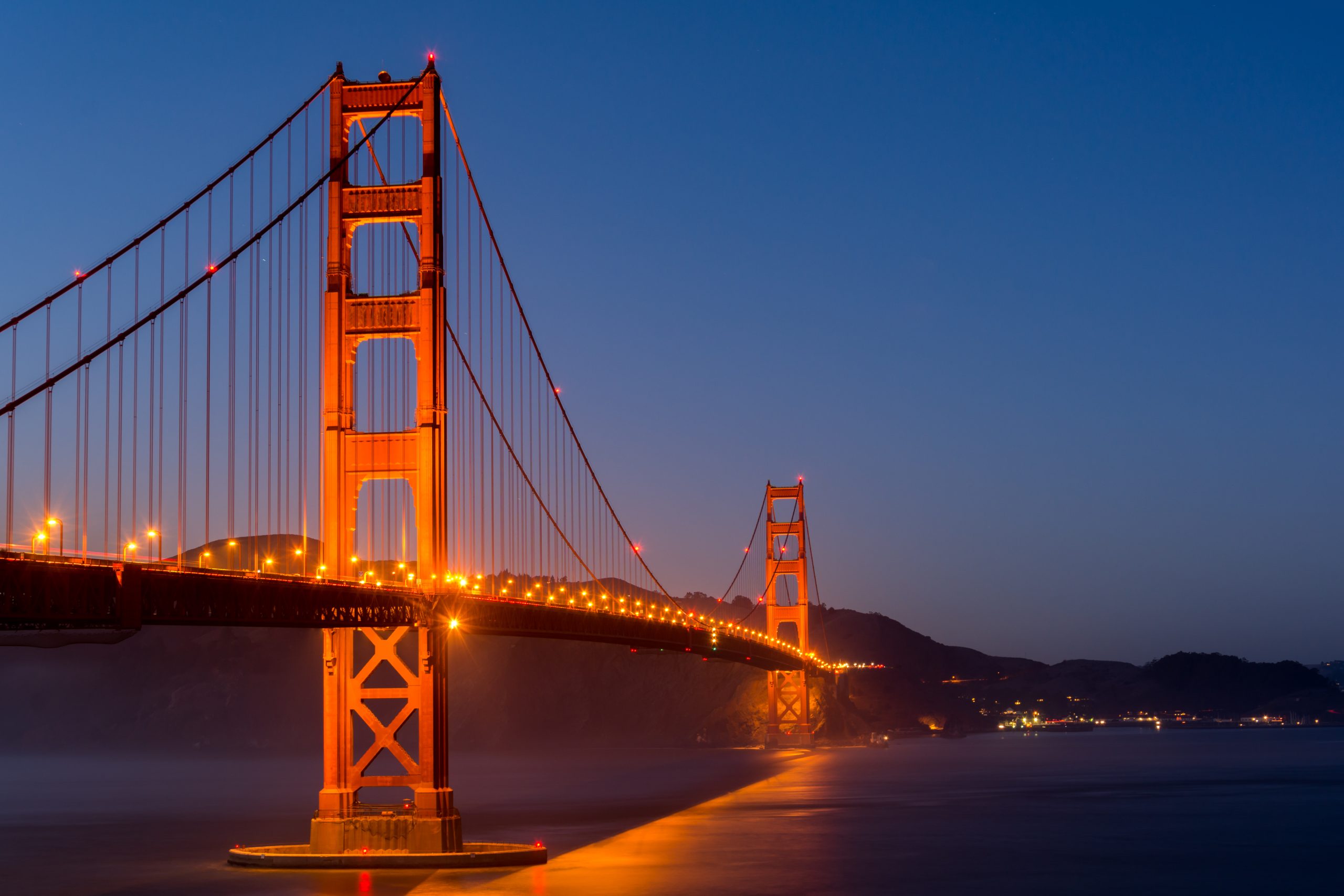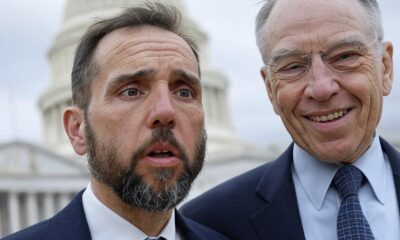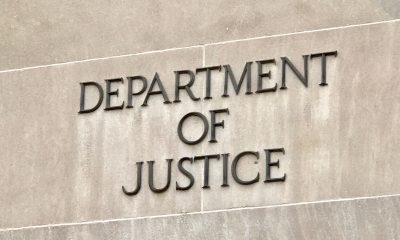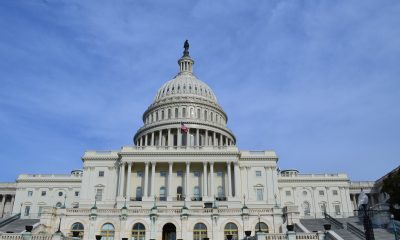San Francisco’s Red State Boycott Backfires

While there is clearly a stark cultural divide between generally conservative states and far-left bastions throughout the nation, some local communities have taken the rift a step further by implementing economic boycotts.
San Francisco, California, for example, passed a 2016 ordinance meant to ban contracts with companies headquartered in states with policies that local leaders did not support. Specifically, the boycott focused on states with insufficiently leftist laws regarding abortion and identity politics.
At its inception, the boycott included eight states. That number has nearly quadrupled to 30 as of the most recent update.
Although the plan was sold as a way to put pressure on red states to reform their laws by shutting off the flow of capital from San Francisco, a recent report from the city administrator determined that the policy had the opposite effect.
Instead of forcing GOP-led states to acquiesce to the leftist city’s demands, the policy has resulted in a roughly 20% increase in San Francisco’s contracting costs.
As the report concluded: “This increase suggests that the city’s threat of boycott may not serve as a compelling deterrent to states considering restrictive policies.”
In response to the news, committee members from the San Francisco Board of Supervisors voted to repeal the boycott. The measure will next be put to a vote by the entire board.
California imposed a statewide boycott of 23 Republican-led states and several other left-leaning cities including Los Angeles, New York City, and Seattle, have implemented similar ordinances in recent years.
Beyond the negative economic toll that such boycotts appear to have on the governments that approve them, it is clearly also difficult for political leaders to abide by their own decrees. Democratic California Gov. Gavin Newsom exemplified that fact last year when he took a clandestine trip to one of the boycotted states.
Even Politico noted the apparent hypocrisy of the governor’s vacation in Montana, which was included in the list of red states where state-funded travel is prohibited.
To be clear, a Newsom spokesperson insisted that the private trip did not violate the letter of the law — but the governor’s glaring double standard attracted opprobrium from across the political spectrum.
























